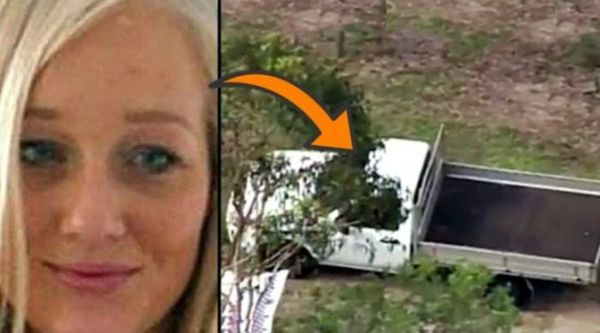Roxanne Eka Peters, a 35-year-old woman, found herself in a terrifying situation that led to a tragic outcome. In December 2015, she took the life of 51-year-old Grand Jason Cassar, a known rapist who posed a threat to her and her child. While her actions may be difficult to condone, it’s important to understand the unimaginable pain and suffering she endured. Let’s delve deeper into the events that unfolded and the consequences Peters now faces.

Cassar, a twisted criminal, not only violated Peters but also tormented her with threats of harming her child if she refused his demands for further abuse. Faced with such depravity, Peters made a harrowing choice. She chose to stand up against her abuser, letting anger and rage guide her actions. In a desperate act of self-defense, she grabbed a kitchen knife and fatally stabbed Cassar in the heart, ending his reign of terror.

In the aftermath, instead of seeking help from authorities, Peters succumbed to her emotions, concealing what had taken place. She tied up Cassar’s lifeless body with a rope and dragged it behind her car, partially to hide the evidence and partly to symbolize her liberation from the clutches of her tormentor. These actions, while driven by understandable anger, ultimately played a significant role in her conviction.
The Brisbane Supreme Court, tasked with delivering justice, found Peters guilty of manslaughter. She was sentenced to nine years in prison for taking a life, and an additional eighteen months for tampering with a corpse. It’s worth noting that Justice David Boddice acknowledged the “significant provocation” Peters endured. In his own words, “I accept the stabbing occurred in circumstances when you were enraged by what the deceased had done to you and was threatening to do to you again.”
While society can empathize with the intense rage Peters felt, it is important to recognize that her decision to handle the situation on her own terms ultimately affected the court’s perception of her action. Justice Boddice expressed disappointment that she didn’t provide Cassar’s body with more human dignity, given her understandable anger. He highlighted the immense impact such incidents have on the families of those involved.
Peters’s difficult upbringing, marked by exposure to drug abuse and repeated sexual assault, adds further context to her actions. Cassar himself was among those who violated her during her youth. Considering his prior offenses and the threats he made towards her child, it becomes easier to comprehend the immense rage and fear that fueled Peters’s response.
It begs the question: Is Australia justified in administering such a severe punishment for someone defending themselves against their rapist? While opinions may differ, it is essential to remember the complexity of this case. Peters’s attempt to conceal the crime led to a heavier sentence. Had she instead sought the help of authorities, the outcome may have been different.
As we reflect on this tragic turn of events, it is crucial to remain mindful of the immense impact of violence and trauma on survivors. Society must strive to provide support and resources to those who have experienced such horrors, to ensure that justice can be sought safely and effectively for all parties involved.





